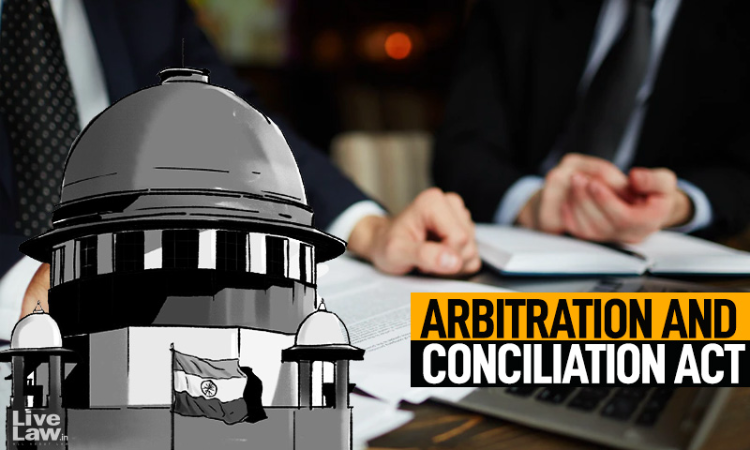Mere Use Of Words "Arbitration" Or "Arbitrator" In A Clause Won't Make It Arbitration Agreement : Supreme Court
LIVELAW NEWS NETWORK
3 Aug 2022 7:58 PM IST

Next Story
3 Aug 2022 7:58 PM IST
The Supreme Court observed that an arbitration agreement should disclose a determination and obligation on behalf of parties to refer disputes to arbitration.The bench comprising Justices DY Chandrachud and AS Bopanna noted that mere use of the word "arbitration" or "arbitrator" in a clause will not make it an arbitration agreement, if it requires or contemplates a further or fresh consent of...
